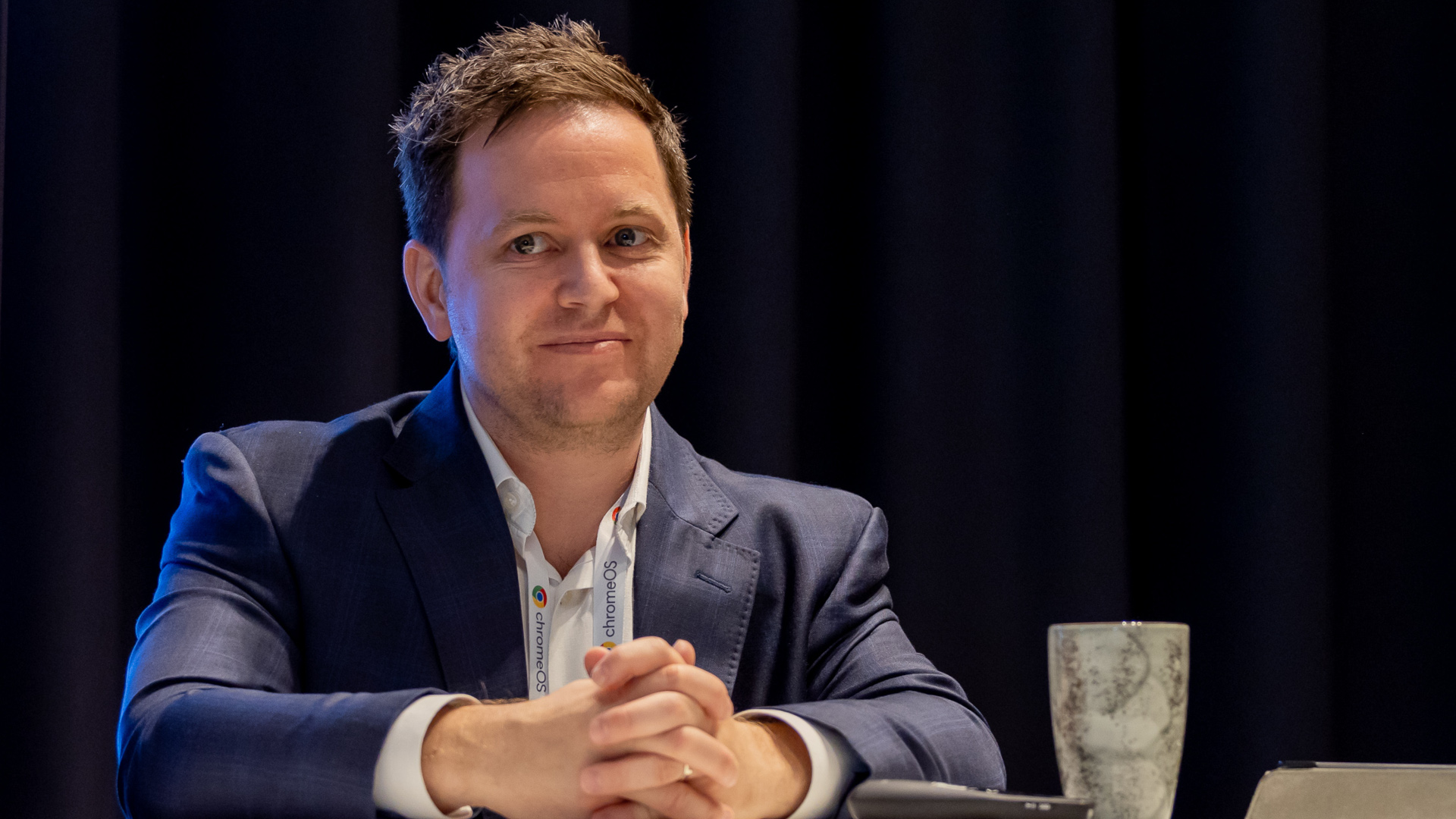Navori is one of the leading digital signage CMS providers. Contrary to the market trend, the Swiss-based company remains dedicated to software development, while allowing partners to handle customization and operation. In addition to the SaaS solution, Navori offers self-hosted options that allow certain customers to white-label the software, giving them full independence as if they had developed it in-house. An invidis background interview with Navori Managing Director Jeff Weitzman.

Navori: “We Stay True to Our Roots As Software Engineers”
Navori remains a phenomenon – the digital signage software developer based in Lausanne, Switzerland, is very successful and is one of the top 5 largest software providers worldwide with well over 1 million licenses sold and around 750,000 active licenses. However, few companies are as secretive and mysterious as Navori’s engineers from Western Switzerland.
The history of Navori is similar to that of many other digital signage companies. More than 25 years ago, Navori founder, chairman and CEO Jerome Moeri was working in the print industry. McDonald’s France turned to Moeri and asked him to develop the menu board of the future.
Together with an agency – later acquired by Publicis – Navori developed a first digital signage concept. By the mid-2000s, Navori was already an established software provider. Together with Sony, it developed one of the first supermarket digital signage networks. Navori was a pioneer – successful and profitable.
Loyal to the channel
But something was still missing for the breakthrough. With the entry of two minority investors and the move to Switzerland, Navori was able to start its global expansion as a digital signage software provider. In Montreal, the first office was opened in late 2009. The focus on software engineering has remained the same to this day. “I believe that a company should know what they are good at and focus on these competencies. It is difficult to be the best at software, the best at hardware, and the best at providing professional services, all while focusing on growing internationally in order to conquer the global market in a niche industry like digital signage,” says managing director Jeff Weitzman.
Navori sees itself as a loyal partner to integrators: “We develop great software – we leave the operation, service, and hardware to our partners. We have been doing very well with this for over 25 years,” says Weitzman, who started in North America Sales in 2010 and now has global responsibility. In contrast to many competitors, Navori is proud to remain loyal to the channel. “We stay true to our roots as software engineers, we are not end-to-end providers.”
Going global
At the end of the 2000s, Navori’s success was built on online visibility. Googling for digital signage eventually brought interested parties to Navori. For many years, the company was the SEO king. Business boomed – especially in North America where Navori still generates half of its sales. In the 2010s – the years of the digital signage boom – Navori spread its wings worldwide. With subsidiaries in the Middle East (Dubai), Latin America (Mexico) and India (Delhi), the company is now represented around the globe. A team of 70 employees develops and sells Navori solutions in all regions.
Navori believes in localized go-to-market strategies. “Behave like a local company” still applies today. Navori’s offering is adapted to local market requirements. The needs of digital signage integrators and end customers differ from region to region – a one-size-fits-all approach without cultural understanding is difficult.
For example, Navori’s traction in the DACH home market (Germany, Austria and Switzerland) was relatively weak. “Navori has recently made significant investment to ensure its customers in the DACH region are able to benefit from their innovative technology, while feeling like they are working with a local publisher. This is done by ensuring that they have local employees who speak the language, and well trained local partners who provide value added services. Without this it is 10x more difficult to succeed,” explains Weitzman.
Navori remains true to the hybrid business model
Navori’s hybrid business model is unusual. To this day, the Swiss company offers Azure Cloud-based SaaS licenses as well as self-hosted solutions based on perpetual or rental license models. The majority of new business is on a SaaS basis, where the company sees itself as very well positioned with SOC2 Type 2 (similar to ISO 27001) certification and support for most digital signage hardware platforms. Just recently, Navori added full Google ChromeOS support.
The perpetual license model remains attractive for integrators who previously offered their own software platform and in price-sensitive markets such as the Middle East and Latin America. Often provided as a white label solution, integrators can sell the CMS solution under their own name. However, responsibility for the software and its operation then lies with the partners.
Self-hosted partners are now increasingly using rental models that Navori operates in a separate instance for the partners. Here – as it is SaaS standard – the partners, according to Navori, always have the latest software with the latest features at their disposal.
“With our self-hosted and white label solutions, we are offering a high margin shortcut for digital signage integrators who have previously used self-developed software, but where a further software development is no longer worthwhile. Switching to Navori white label solution, the integrator can profitably offer a CMS.”
Integrating AI
According to Weitzman, Navori’s API and data management is an important USP, enabling AI functions to be integrated quickly. Most importantly, Navori’s built-in AI for enhanced analytics and context-aware digital signage make it, as Weitzman says, the only company in the market that has a fully integrated solution built from the ground up with the same team of engineers.
On top of this, Navori offers the first true AI Signage media player to the digital signage market. The AI can now run without the need for a separate application on a small Android player together with the CMS player software. A costly separate edge device is no longer necessary.

